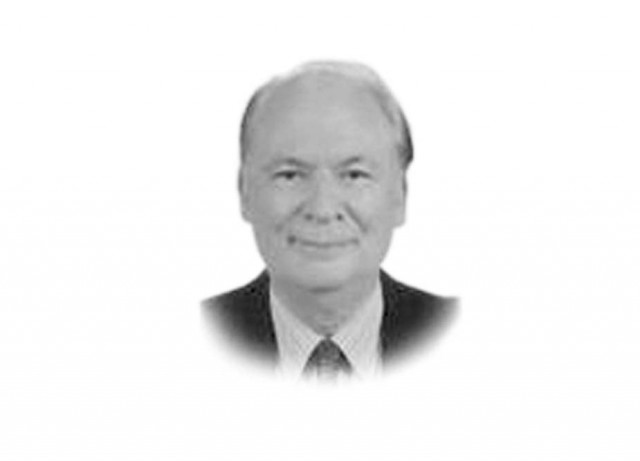The mother of all dictatorships
Kim Jong I had no option but to adopt a tough ‘military-first policy’ around which the whole country gravitated.

The odd western traveller who managed to penetrate the forbidden fortress and was successful in entering more than one private home, found the inmates of the household remarkably hospitable, though somewhat startled by the intrusion. Apparently each home had a loudspeaker screwed into the wall of the living room, through which Dear Leader or one of his gofers spewed propaganda for eight hours a day. Is it any wonder that the visitor arrived at the inescapable conclusion that North Korea was a supreme example of a highly regimented, totalitarian dictatorship where the personality cult was honed to perfection? However, there is one aspect in which Kim Il-sung differed from Stalin and Mao who killed millions of their countrymen. The latter were low-tech despots whereas the North Korean leader used modern technology with complex systems of repression to keep his flock in check.
As a country that bans foreign news broadcasts and where whole families are whisked off to labour camps if found in possession of foreign literature or cassettes, North Korea has earned the wrath of the world. But there is evidence to suggest that the majority of the North Korean people are not only satisfied with things as they stand, but are also solidly behind their leaders. The profound collective grief expressed at the death of father and son, which the western news channels delighted in displaying, were probably genuine, even though there appeared to be some sort of uninhibited competition among the mourners to outdo one another in gratuitous novelty. Can one imagine mourners in Washington or Islamabad wailing at the wall or beating their chests with grief if Barack Obama or Asif Ali Zardari suddenly pegged down from natural causes? As long as the United States and Western Europe continue to impose sanctions and isolate the Democratic Peoples’ Republic (DPR) of Korea they will perpetuate the reign of the Kim family.
In spite of its political isolation, the DPR of Korea is interested in joint business ventures with other countries and has certain qualities to commended — extremely low labour costs, the lowest taxation scheme in Asia, incorruptible officials and a high degree of motivation. Education, housing and health services are free and workers display the kind of fierce loyalty to their place of employment as Japanese workers once did a couple of decades ago when an employee retired in the company in which he started his career. Above all, a businessman would be dealing with the government directly and not middlemen who often take the largest bite at the cherry.
Published in The Express Tribune, December 27th, 2011.















COMMENTS
Comments are moderated and generally will be posted if they are on-topic and not abusive.
For more information, please see our Comments FAQ